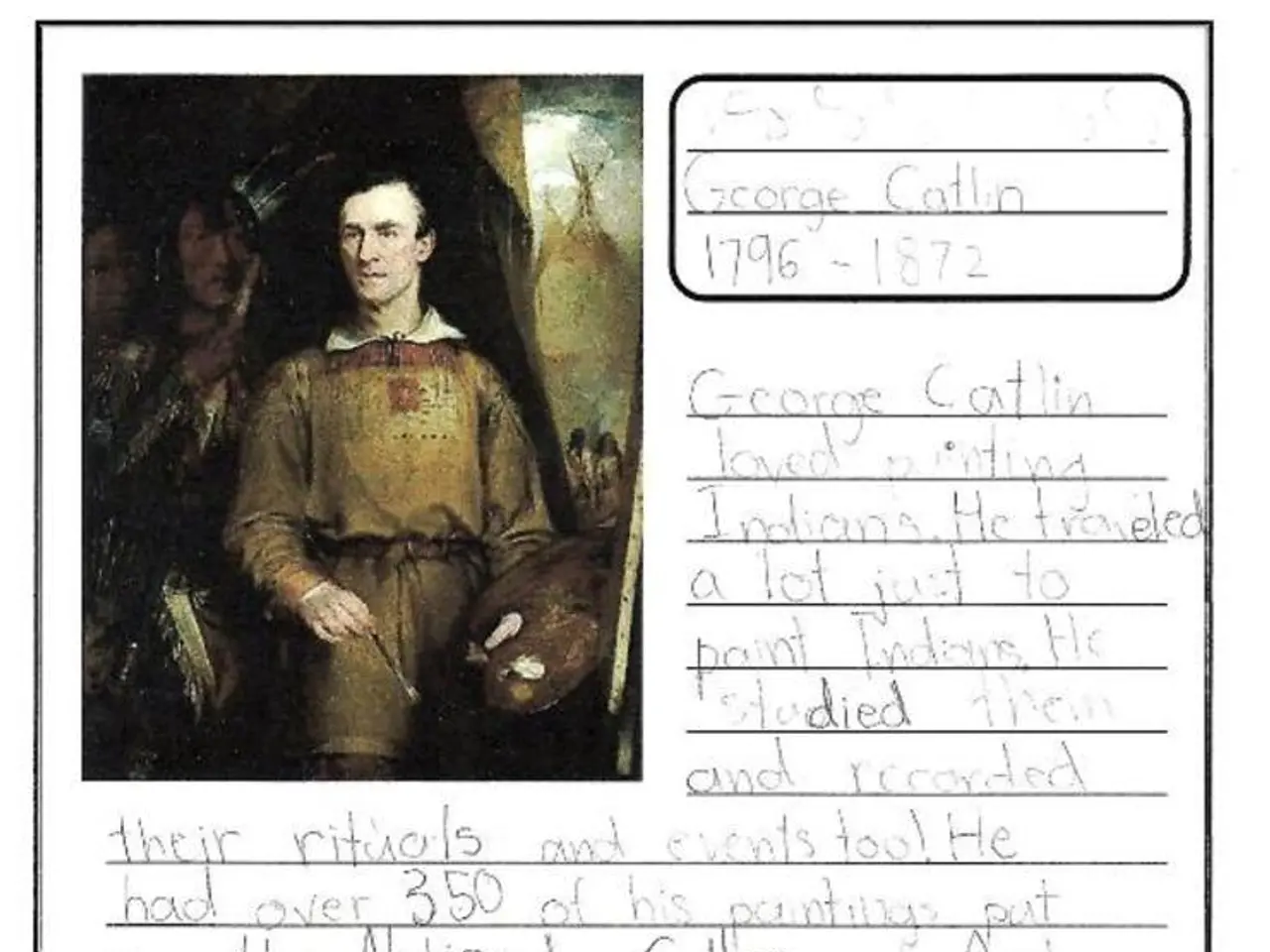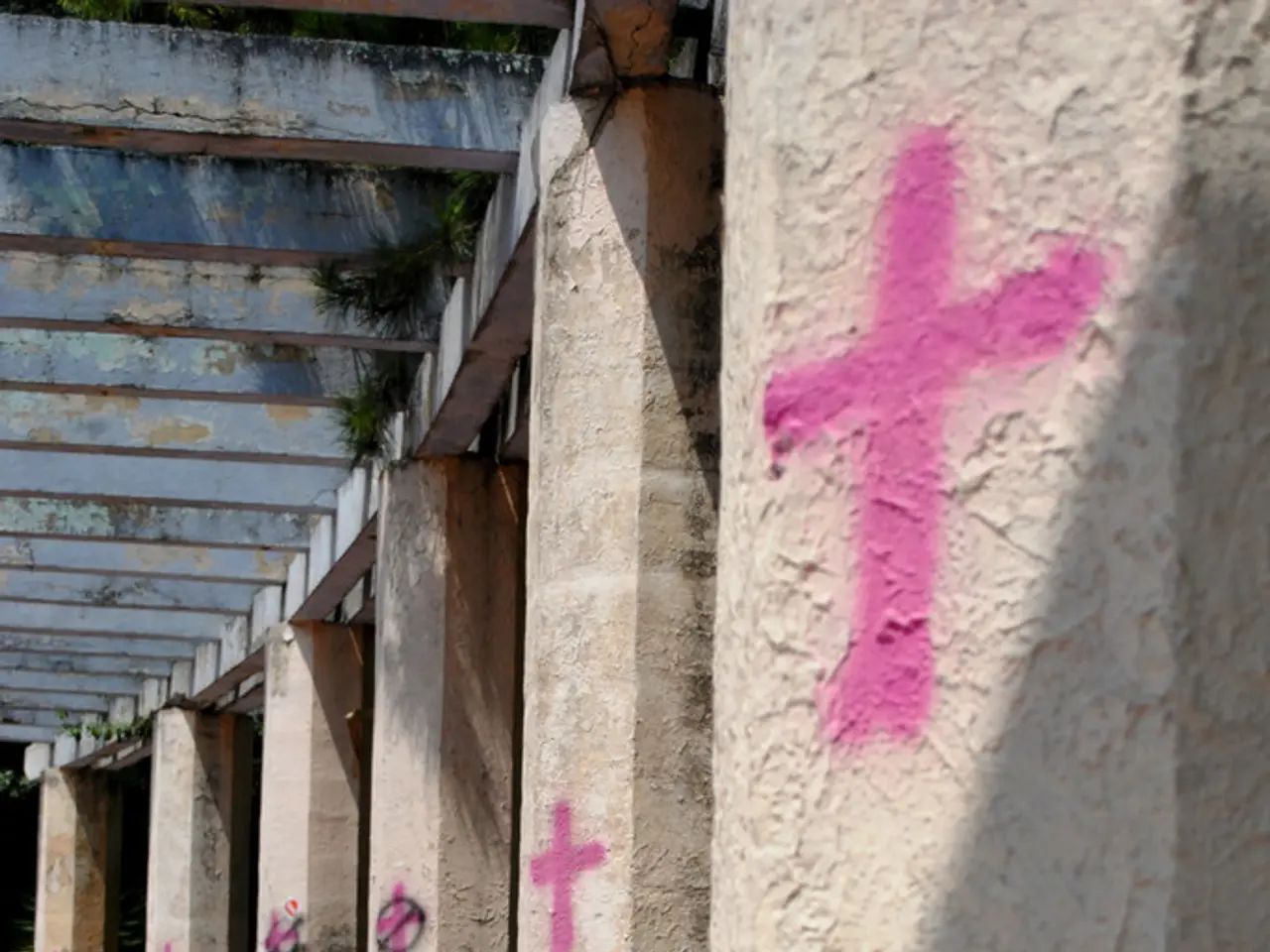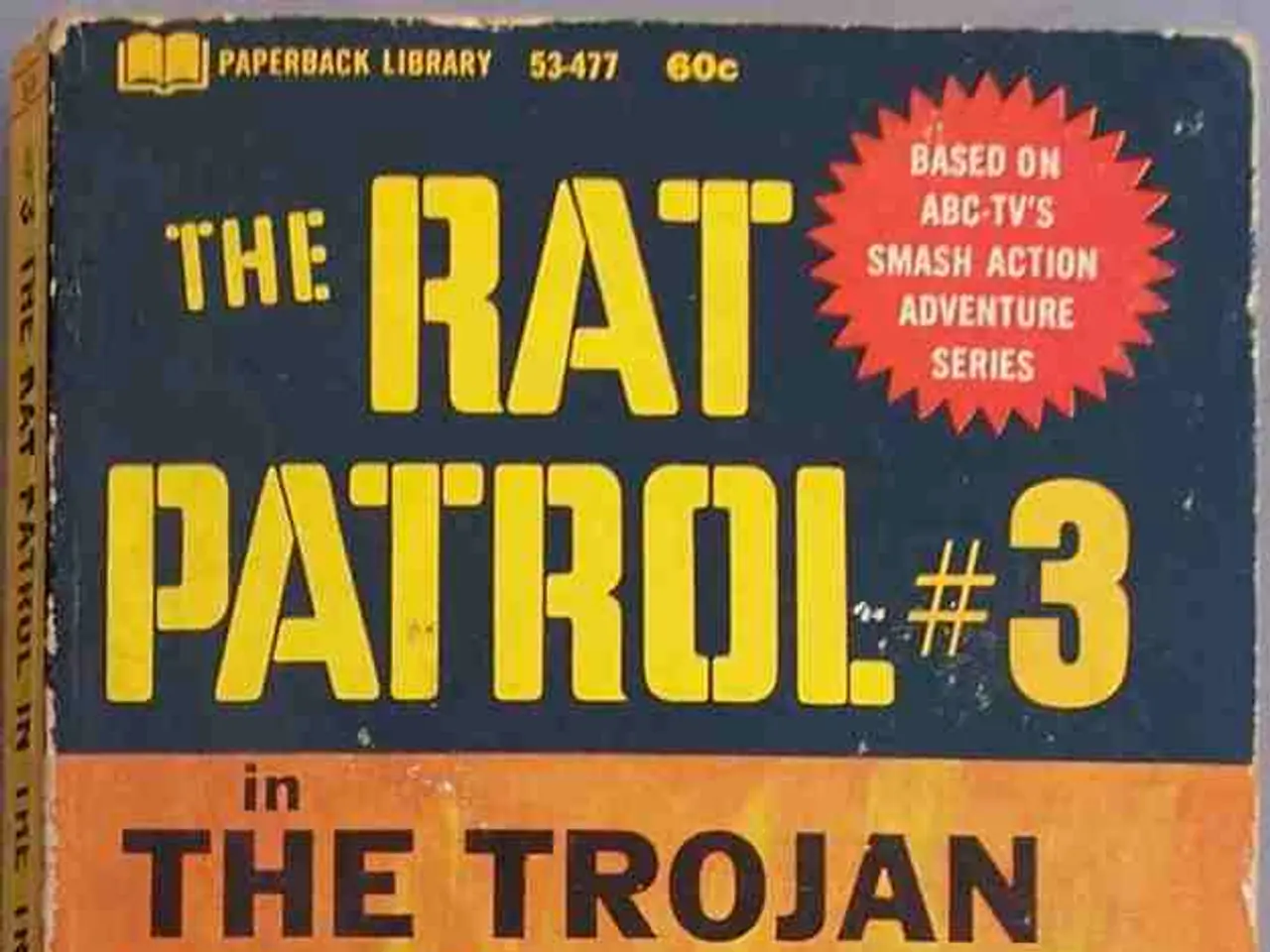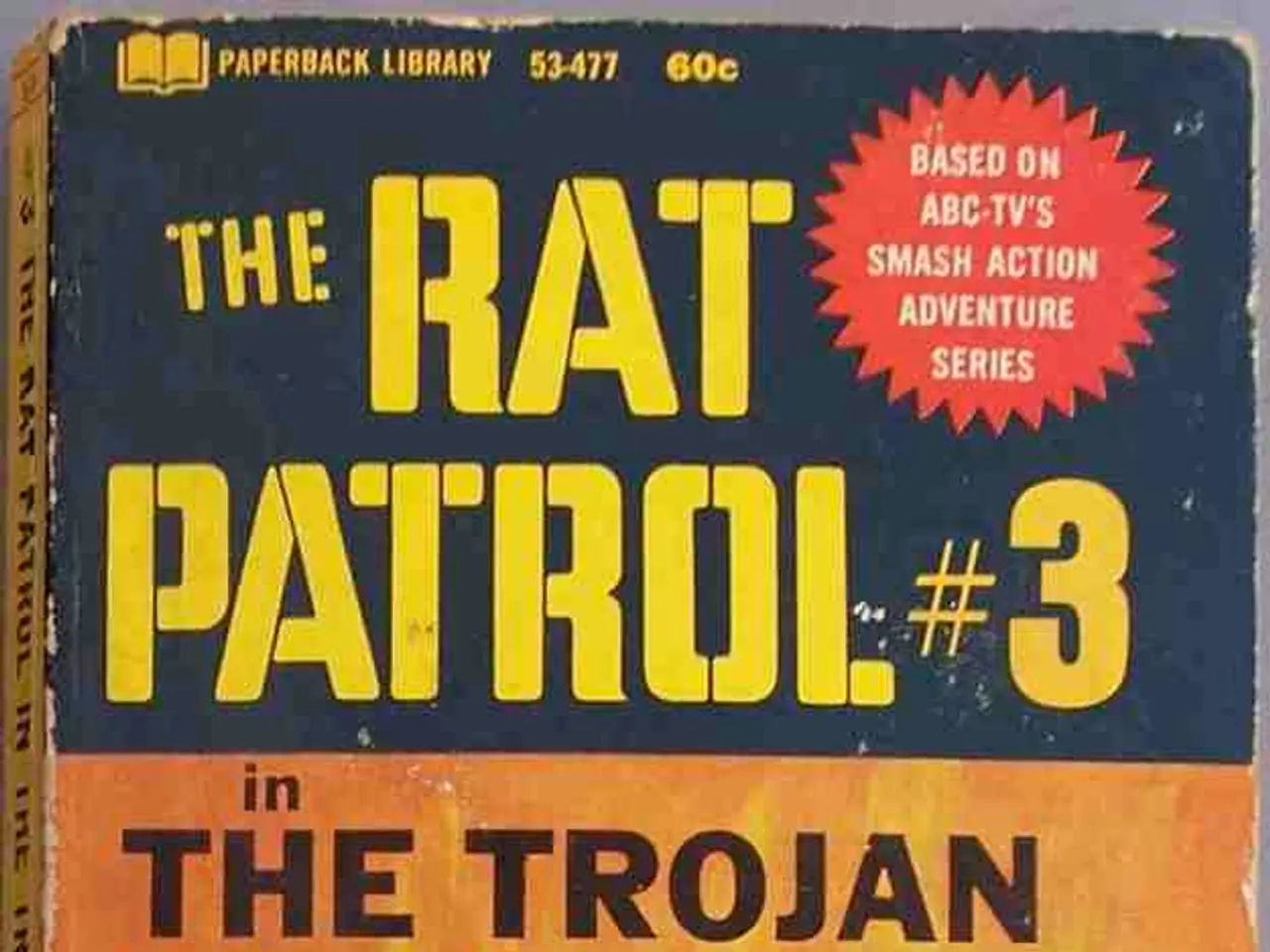Kazakhstan's Ulus of Jochi Institute Delves into Overlooked Periods of National Governance
The Institute for the Study of the Ulus of Jochi, established in February 2023 under the initiative of the President of Kazakhstan, is making significant strides in historical and cultural research. The institute focuses on the Ulus of Jochi, a Mongol successor state that played a crucial role in Central Eurasian history and the ethnogenesis of the Kazakh people.
Key research projects and achievements include:
- Historical Research and Ethnopolitical Studies: Led by Zhaksylyk Sabitov, PhD, the institute delves into the political, cultural, and historical role of the Ulus of Jochi. This research emphasises its importance in the development of Kazakh ethnogenesis and the region’s political landscape during and after the Mongol Empire period. Studies also explore the transition from the Ulus of Jochi to successor states such as the Kazakh Khanate founded in 1465.
- Promotion of Cultural Heritage and Public History: The institute supports projects like the TV series "The Golden Empire," aiming to provide a fresh, internationally appealing perspective on Central Eurasia by highlighting the Ulus of Jochi as a political and cultural center. This initiative aims to increase public awareness and international interest in Kazakh history.
- Archaeological and Numismatic Work: Although not directly attributed to the Institute, related archaeological activities connected to the Ulus of Jochi include studies of ancient coins with tamgas and Chinese inscriptions, shedding light on political prisoners and conflicts between Mongol descendants.
- Creation of Open-Air Museums and Preservation Initiatives: Efforts are underway to fence and preserve historically significant sites connected to the Ulus, with plans to develop them into open-air museums to promote cultural tourism and education.
The institute's future plans include undertaking a comprehensive exploration of the Golden Horde in 2026 and potentially contributing to the fourth volume, which will cover the Kazakh Khanate. By the end of 2024, the institute produced approximately ten publications on the Chagatai Ulus, the Moghulistan state, and an encyclopedia highlighting prominent figures from the Chagatai, Ogedei, and Kaidu uluses.
In 2024, the institute achieved substantial academic output, publishing 15 articles in Scopus and Web of Science journals, alongside 61 articles in Kazakh academic journals. The mausoleum of Jochi Khan is located 45 km northeast of the city of Zhezkazgan.
Director Zhaksylyk Sabitov stated that the institute was established to address under-researched periods in Kazakh history, including the Golden Horde period (1206-1502) and the histories of the khanates that emerged after its dissolution, as well as the history of the Kazakh Khanate itself. The research scope of the Institute spans from the emergence of the Ulus of Jochi in 1224-1225 to the rule of Kenesary, the last all-Kazakh khan, in 1847.
The Institute for the Study of the Ulus of Jochi's key achievements revolve around advancing historical understanding, fostering cultural projects such as media productions, engaging in archaeological preservation, and promoting Central Eurasia’s significance in the broader historiography of the Mongol legacy and Kazakh ethnogenesis.
- The Institute for the Study of the Ulus of Jochi, under the leadership of Zhaksylyk Sabitov, is not only conducting extensive research on the political and historical role of the Ulus of Jochi but also delving into its cultural significance, particularly in relation to the development of Kazakh ethnogenesis and the region's general news, emphasizing its importance during and after the Mongol Empire period.
- In an attempt to increase public awareness and international interest in Kazakh history, the institute is supporting the TV series "The Golden Empire," portraying the Ulus of Jochi as a political and cultural center, thereby bringing general news and contemporary discourse on politics into the scope of the institute's work.







